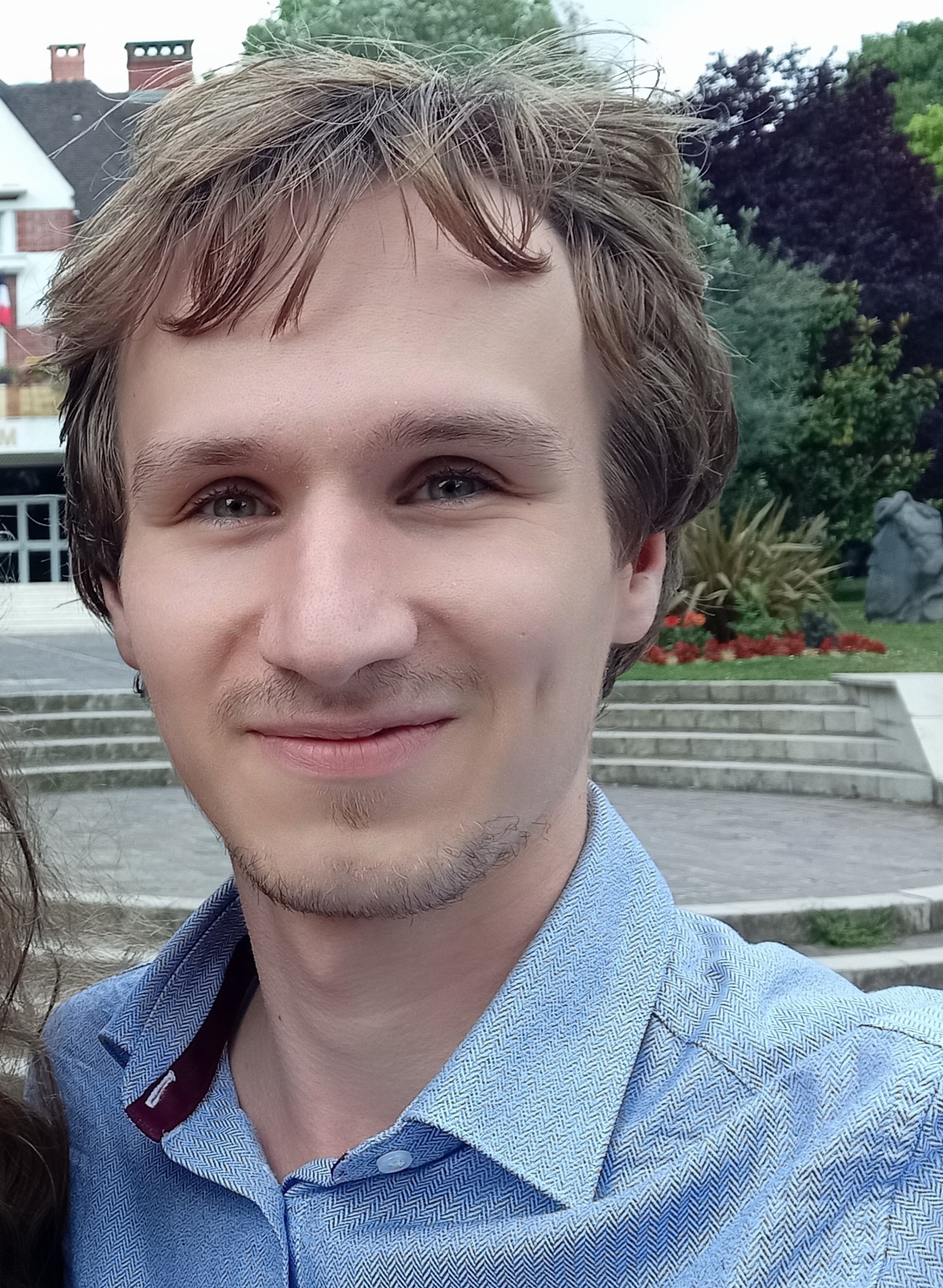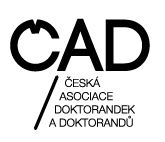Interview with doctoral researcher Ondřej Havelka
Next in our series of mini-interviews with fellow doctoral researchers that you can read is with Ondřej Havelka from The Institute for Nanomaterials, Advanced Technologies and Innovation, Technical University of Liberec (CxI TUL).

1. Why did you pursue doctoral study, and what is your research about?
Pursuing doctoral study was a natural choice for me as I wanted to continue the research I was engaged in during my earlier academic years. The decision was whether to pursue the doctorate in Liberec or at the University of Padova under the supervision of Professor Amendola, with whom I was finishing a scientific publication and who was a respected world leader in the nanotechnology field, which I am researching. Ultimately, the desire to stay in the newly established research team at our institute prevailed. Additionally, we had already submitted a grant application to the Czech Science Foundation (GAČR), where I was responsible for one of the work packages, making it challenging to leave easily. So, I decided to stay.
As a result, I am currently involved in developing a new generation of nanoparticles using high repetition rate pulsed lasers. I utilize these remarkable types of thermodynamically non-equilibrium nanoparticles in various applications. For my doctoral research, I am mainly focusing on heterogeneous catalysis, aiming to contribute to solving current environmental and energy tasks.
2. What problems and challenges does doctoral study bring, and what motivates you in your work?
Doctoral study brings numerous challenges, and each of us experiences them. Doctoral candidates often feel like they are on their own. This is why I find it essential to accept all activities and obstacles that this phase entails, both within and outside the laboratory. They are part and parcel of the scientific journey and personal growth. It is crucial for me to understand why I am doing a doctorate because while the doctorate itself will eventually conclude, the neediness and drive to explore and research will persist. This raises the question of whether we will engage in the same activities for the next 30 to 40 years.
3. Why did you join ČAD (Czech Association of Doctoral Researchers)?
My path to ČAD took a winding route. I began working in the Student Chamber of the Council of Higher Education Institutions (SK RVŠ). Within this framework, we addressed issues related to the Reform of the Higher Education Act, including doctoral studies. While this subject carried great importance for us, it was not the only area of focus. During our work, we maintained close contact with ČAD, which proved to be fruitful. This collaboration resulted in several documents, such as the "Handbook for Newly Enrolled Doctoral Students." Nowadays, I am a member of both SK RVŠ and ČAD, and our productive collaboration continues. Since last year, I also represent the Czech Republic at the European Council for Doctoral Candidates and Junior Researchers (Eurodoc), where our goal is to advocate for the interests of early-career researchers across Europe.
